In my mind, the term “desert island” was just a synonym for a remote tropical island. I never gave any thought to the word “desert” by itself, but I should have. At least, it should have made me think of issues associated with water, issues like: Where does it come from? Is there always enough? Is it pure enough to drink? What happens if we run out?
We are lucky – we bought a house that gets government water and also has a cistern, so we have options. But options cause angst.
We’ve been drinking the government water with no problems, because we’re pretty sure it is treated to make it safe to drink. However, some local people say, “There is no way I would drink government water – all those chemicals give you cancer.” Could they be right? Who’s to know?
These same locals say, “It is much better to use cistern water, because the rain is pure.” Fair enough, but we thought of all the things that might land on the roof or in the gutters and wash into the cistern and shuddered. Who needs all those extras? But lots of people use cistern water exclusively. Why couldn’t we?
We decided the cistern should be cleaned out, especially since it was almost empty due to a prolonged drought. Not so fast. The lid was rusted shut. Scraping and chiseling did not budge it. We hired a man with a heavy duty portable grinder who was able to remove a lot of the rust, but it didn’t help. Ultimately, he had to saw through the concrete and tile, destroying the lid. Now we need a new lid, for which we need a metal frame from the welder, and concrete filler (done by our pool guy), and tile to match the rest of the floor.
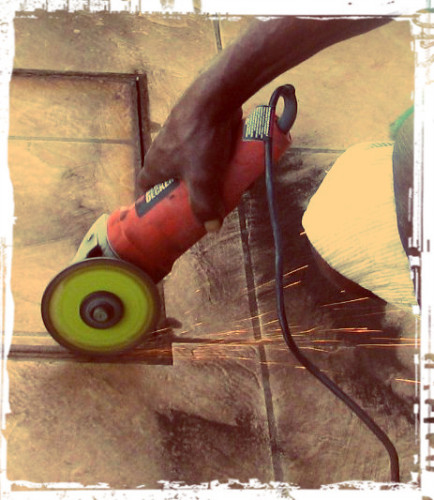
I dropped a metal weight down on a string, thinking I’d measure the depth of the cistern, but soft goop stopped the weight from going all the way to the floor. I don’t want to know what that soft goop consists of. When all this was going on, a frog climbed up a pipe and escaped through the opening. The same locals said frogs are a good sign, because if the water was contaminated, they could not live in it. I’m skeptical, to say the least.
Having done all this, I’m told you should be able to just whoosh out a cistern through a drain close to the floor and get it pretty clean. I don’t know about that either…
By this time, it has rained, so the cistern is close to full. Still, we will eventually get it cleaned out, and retested, and be able to use it if necessary, with or without bleach or boiling. And this time, we’ll grease the lid, and open it every few months, so it won’t get rusted shut again.
I thought this all started about three weeks ago, but really it has been six weeks. And my friends wonder what I do with my time!
Cisterns and piped water are only some of the issues…
You can buy bottled water from the store, but there is no recycling facility.
Who wants to contribute to polluting the landscape?
You can take your own bottles to a facility and have them refilled from a tap there.
Can that be a better solution?
You can collect rain water for use later, but open still water is a breeding ground for mosquitoes.
Absolutely, we don’t want to nurture mosquitoes.
Lots to think about, especially since water is such a precious resource. All of this takes me back to my early childhood on the farm, where no one supplied water to us. Every drop was collected in a tiny cistern, hauled by hand from a well or a slough (pond), or melted from snow.
Automatically, we used it economically. We washed dishes in a dishpan rather than filling the sink. We heated water on the stove, rather than running it until it was hot. We rinsed the dishes all at once with boiling water from the kettle. Once done, we threw the dishwater on the flowers. They’d rather have used water than no water at all.
We shampooed our hair in the sink, not the shower. We turned the shower on just long enough to get wet, washed with a facecloth, and then turned the water on again for a brief rinse. We washed clothes in a wringer washer, starting with the whites and using the same water for subsequent loads. We opened our toilet tanks and lengthened the chain between the handle and the stopper to regulate how much water is used with each flush.
All of this saved a lot of water and was good training for island life. I can conserve just as well, if not better, than the next gal. Now, if only I can get this cistern conundrum straightened out…
– – –
Ok, islanders – what’s your best water conservation tip?

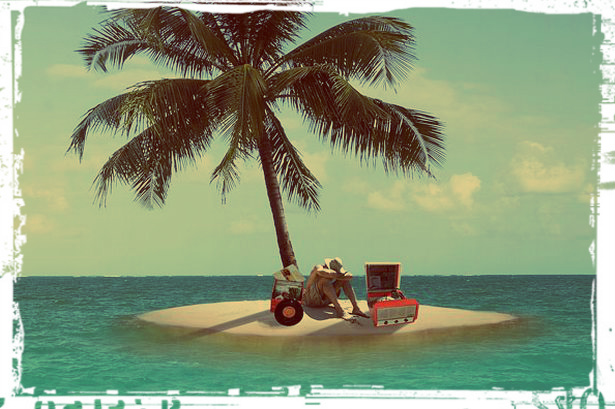
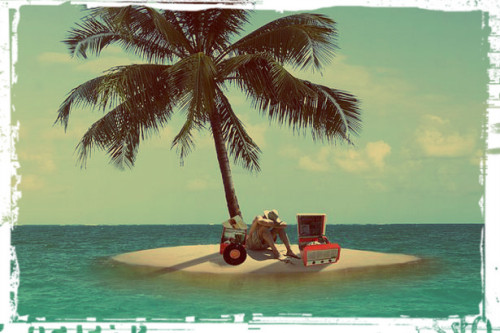
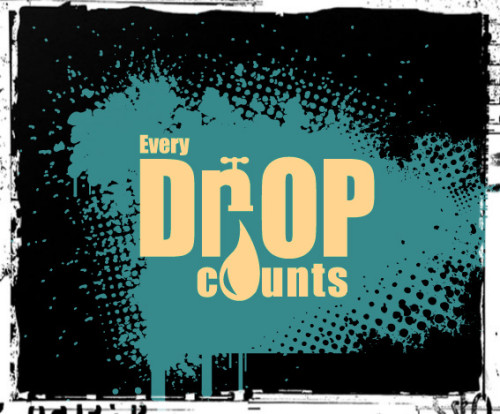
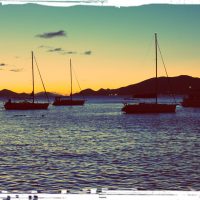
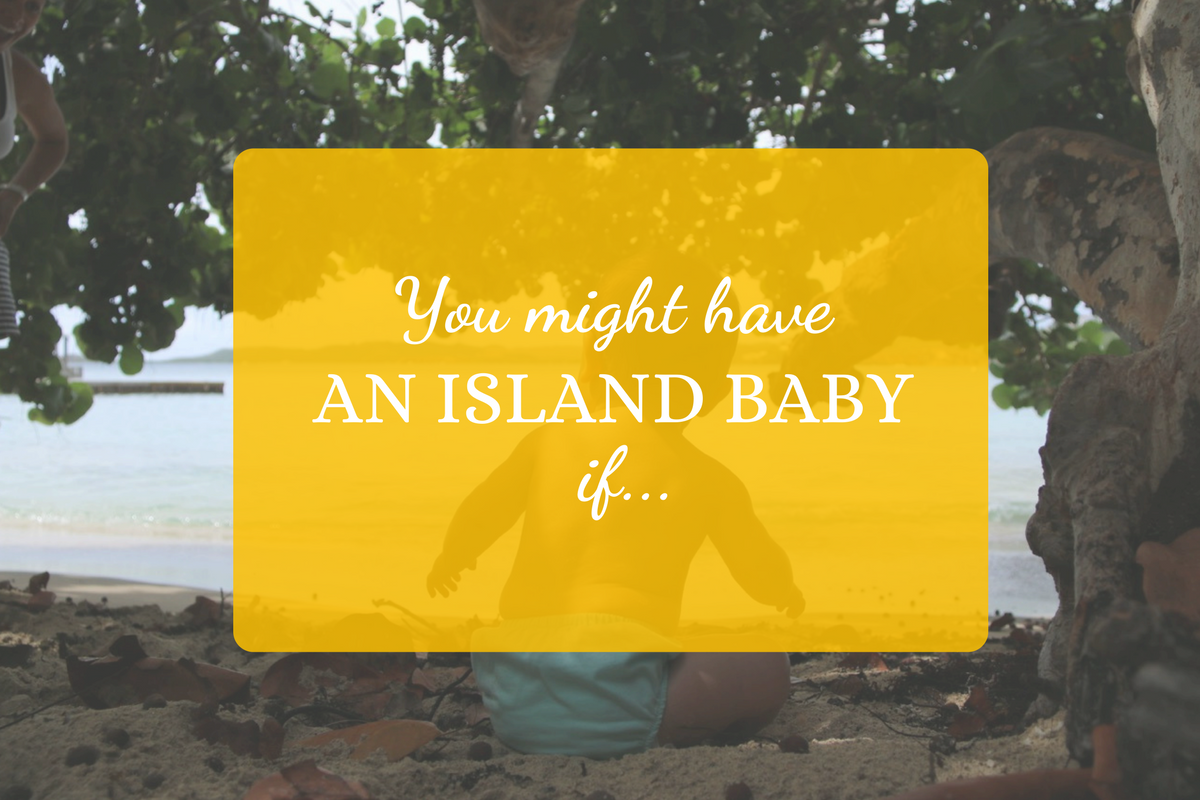
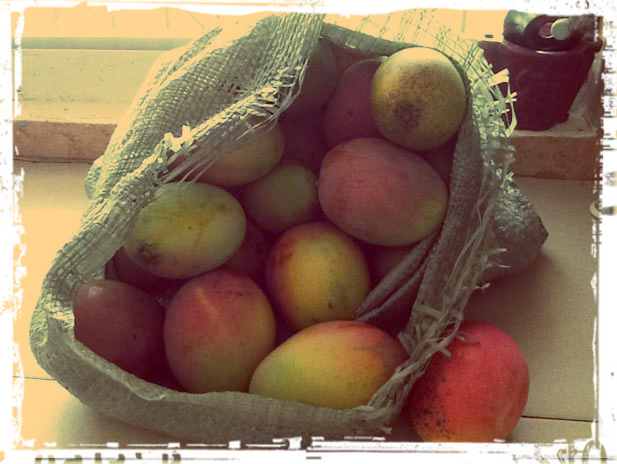










7 Comments